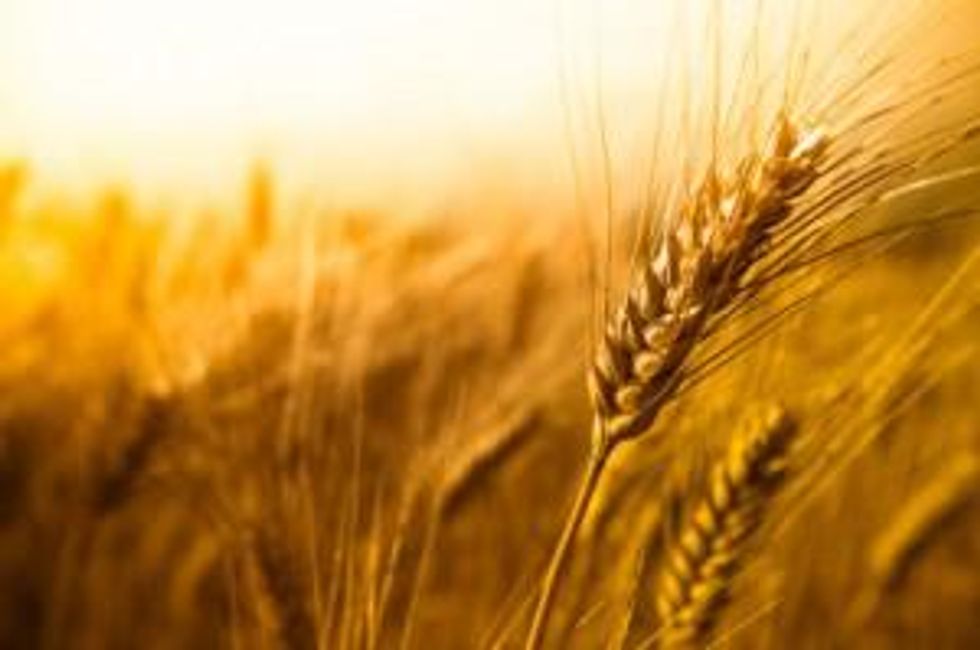Australia has a lot of agricultural products to offer the world. It just hasn’t decided what role foreign ownership will play in the agricultural boom that’s on its way.
Foreign ownership of agricultural land has become a subject of national debate in Australia as the country’s soft commodities sector attempts to meet world markets’ growing demand for food production.
The dialogue began in earnest following a report that Australia and China planned to release a joint study supporting Chinese development of farming land in Australia’s sprawling northern region.
The same resource boom that has taken hold of Australia’s coal and iron ore industries is also responsible for boosting investment in its agricultural sector, and international companies have made some big moves into Australia’s agricultural land and food supply chains.
Foreign investment made significant press when the Qatari government bought large agriculture properties to ensure food security for the small, oil-rich Arab nation. The issue continues to be a tense point for some Australians as the prospect of helping feed its biggest trading partner, China, is creating concern over national food security.
False advertising
Despite fears of a massive onslaught of foreign investment, the story is more nuanced.
A recent survey by the Australian Bureau of Statistics shows that foreign ownership has increased from 5.9 percent in 1984 to 6.0 percent in 2010. Federal Agriculture Minister Joe Ludwig holds that the overemphasis on foreign takeovers is misplaced, noting “the levels of foreign investment in the agricultural sector have remained relatively stable for the last 30 years.”
Critics disagree with those figures. Liberal senator Bill Heffernan said that the surveys are based on a flawed data set that includes any business with a registration number associated with agriculture.
According to a federal survey conducted in January, foreign firms account for about half of Australia’s wheat, dairy, sugar, and red meat sectors, but ownership of land itself is about 11 percent.
In fact, it appears foreign ownership is mixed across the country. In the southwestern provinces of New South Wales, Victoria, and Tasmania, offshore ownership was less than five percent. However, foreign investment in the Northern Territory has jumped from 8 to 23 percent in the past 20 years.
Investment needed
Despite political sensitivities over land ownership, there is clear interest in bringing investment into Australia’s agriculture sector.
”Demand [from Chinese investors] is huge and it’s across the board,” rural property specialist Chris Meares was reported as saying in the Sydney Morning Herald.
”At my second meeting, one bloke was talking about fruit and veg; in the next meeting it was aquaculture. There’s an emphasis on food as against fibre and grain.”
Meares also mentioned that Chinese investors want to learn from Australian farm technology, commenting, “[t]hey don’t want to take over the supply chain but they want to buy in, on the basis that they can add value from the demand side.”
Tom McKeon, the Australian boss of the Qatari government’s Hassad Food, said the real investment action is off-farm in rural supply chains, where overseas ownership is now prominent in the grain handling, sugar milling, commodity marketing, and crop protection sectors.
“Australia is actually at an increasing competitive disadvantage,” McKeon said. The country is still in recovery from ten-plus years of drought and is facing an aging workforce, a slump in productivity improvement spending, and falling investment in agricultural education, research, and development.
While disagreeing on the nationality issue, Australian Agriculture Company CEO David Farley agrees in principle that Australia’s agricultural sector is ripe for investment and restructuring.
“I do think it’s something we should explore” Farley told The Australian. “You’ve got a whole host of components that could be broken down and turned into annuity assets.”
Providing a vehicle
Last week the Australian Securities Exchange launched ten new exchange-traded commodities by ETF Securities to help investors, foreigners, and nationals alike play into Australian markets.
The ETF vehicles will allow investors to buy diversified exposure to agriculture and grains while offering more focusing vehicles for corn, wheat, and others. Australia’s current AU$5 billion ETF industry is still modest in size compared to Canada’s $50 billion ETF market, a relatively comparably-sized economy.
Nigel Phelan, head of sales for ETF Securities, maintains that “[w]hat is taking place in global markets is unique, particularly in Europe, but the fundamentals do not lie. There is a very, very strong case for these products going forward as part of a long-term investment strategy regardless of what the markets are doing.”
Provided that the investment dollars are there, Australia may be the next market to reflect those growing food fundamentals.
Securities Disclosure: I, James Wellstead, hold no direct investment interest in any company or resource mentioned in this article.
